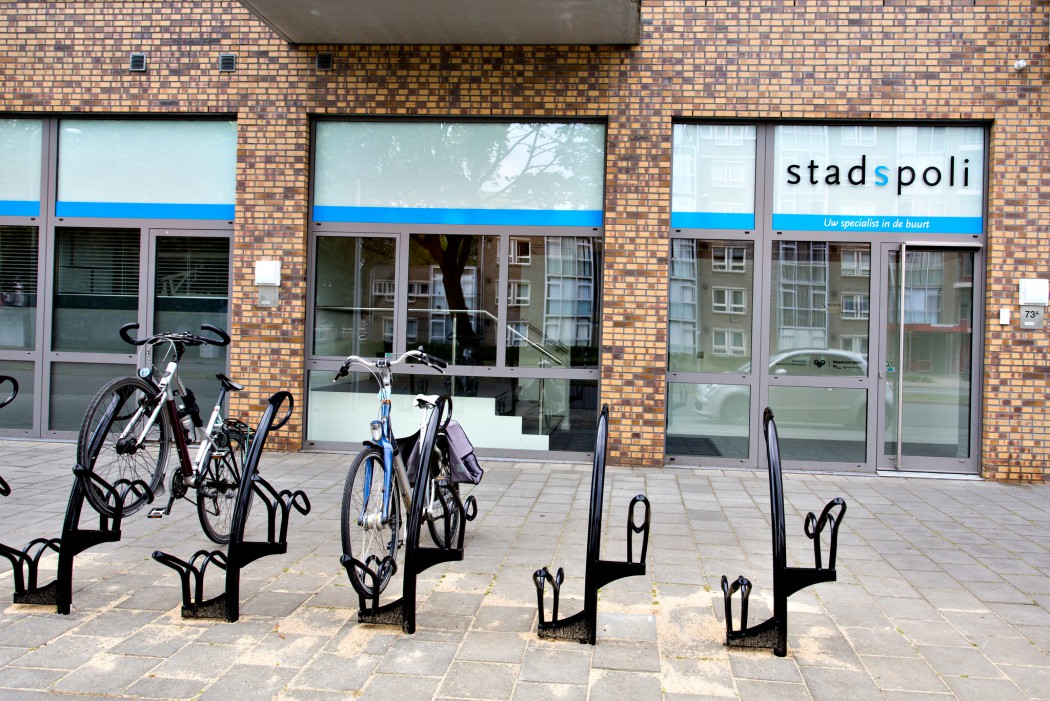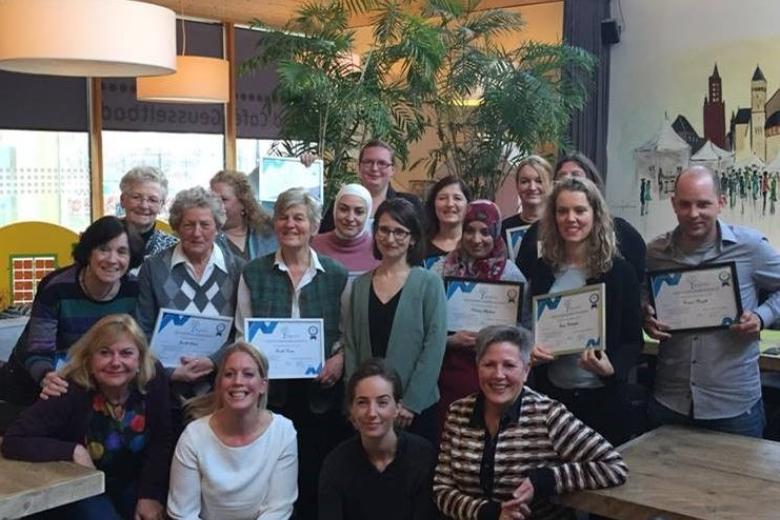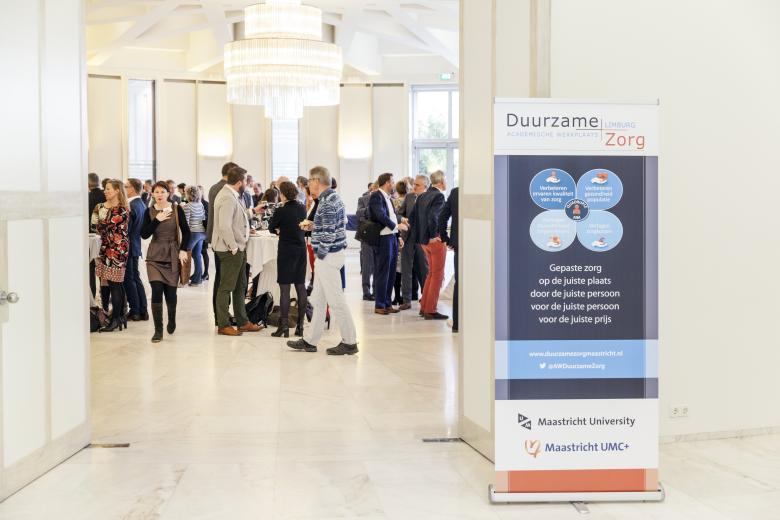'Primary care plus' is a strong alternative to hospital

The right care in the right place
A major reduction in health care costs per patient and shorter waiting lists, plus an increase in patient satisfaction with no detrimental effects on health outcomes. These are the key results of a multi-year trial of an alternative to regular hospital care dubbed 'primary care plus'. This intermediate between primary and secondary health care involves close cooperation between GPs and medical specialists at centres that are separate from the hospital. A patient visiting a primary care plus centre sees a medical specialist, who provides the GP with a treatment recommendation, while the GP remains in charge of the case. Researchers at the Living Lab Sustainable Care Limburg have evaluated this experiment in the Province of Zuid-Limburg.
Involved research lines
Involved Living Lab
The structural increase in collective health expenditure in recent years represents a genuine threat to the accessibility, quality, affordability and thus the sustainability of health care in the Netherlands. Last year's global agreements on health care treatments and costs, which involve both specialised and general medical services as well as a national taskforce named 'The Right Care in the Right Place', indicate a need for action. Recently, Statistics Netherlands (CBS) announced that Dutch health care expenditure rose last year to a record 100 billion euros. Two partnerships in the Province of Zuid-Limburg already took the initiative in 2014 to organise healthcare more effectively. The experimental schemes are Blauwe Zorg ('Blue Care') in the Maastricht-Heuvelland region and MijnZorg ('My Care') in the Oostelijk Zuid-Limburg region. The Blauwe Zorg partners are the primary care group Zorg in Ontwikkeling (Care in Development, ZIO) Maastricht University Medical Center+, health insurance company VGZ and the expert network Burgerkracht Limburg (Citizen Power Limburg), the MijnZorg partners are the primary care groep Huisartsen OZL (Oostelijk Zuid-Limburg GPs), Zuyderland Medical Centre, health insurance company CZ and Burgerkracht Limburg.
Primary care plus
In both of the experimental schemes, the partners focus on so-called 'primary care plus'. As well as providing easily accessible care close to home and preventing unnecessary referrals to hospital, primary care plus also aims to enable GPs and medical specialists to learn from one another. The GP refers a patient to primary care plus, where the patient has an appointment with a specialist. The specialist then provides the GP with a recommendation for treatment. The specialist may send the patient back to the GP for treatment, or decide that a referral to hospital is preferable. As part of the Blauwe Zorg scheme in Maastricht, in 2014 two 'City Policlinics' were opened, and later that year within the MijnZorg scheme, the PlusPunt Medical Centre was opened.
The evaluation found that in both schemes only one in five patients was referred to hospital after an appointment at a primary care plus centre. For no less than 80 per cent of all patients, either the care need was met at this stage, or additional treatment was required from the GP. The Maastricht researchers' analysis also shows that the average cost per patient in primary care plus is significantly lower than the cost for patients who are referred directly to hospital. They also observe an increase in patient satisfaction with no detriment to health outcomes. The researchers do note that at regional level within most specialisms, primary plus has not yet produced any substitution effect. This means that as yet the number of patients in secondary care at polyclinics has not fallen due to the opening of primary plus centres. A substitution of care has only occurred within a few specialisms, also when compared to the national trend. The reason for the lack of substitution effect was not the first priority of this study.
Pioneering
In their final report, the researchers make various recommendations to make primary care plus a sustainable alternative to treatment that does not necessarily belong in a hospital but currently is often provided there. 'I'm very positive about the way the various parties, each with their own interests, have taken up this initiative and put it into practice,' says head researcher Dirk Ruwaard. 'The fact that there does appear to be substitution within a few specialisms is hopeful. Further research is needed to establish the conditions under which a substitution effect can be achieved in other specialisms. It is important that it is clear to GPs which patients can access primary care plus. And also, more than happens at present, that specialists at hospitals make an assessment on the basis of a GP's referral whether it would be better for patients to be treated in primary care plus (so-called 'reverse triage'). Moreover, there are also gains to be made through better communication, cooperation and knowledge sharing between specialists and GPs.'



